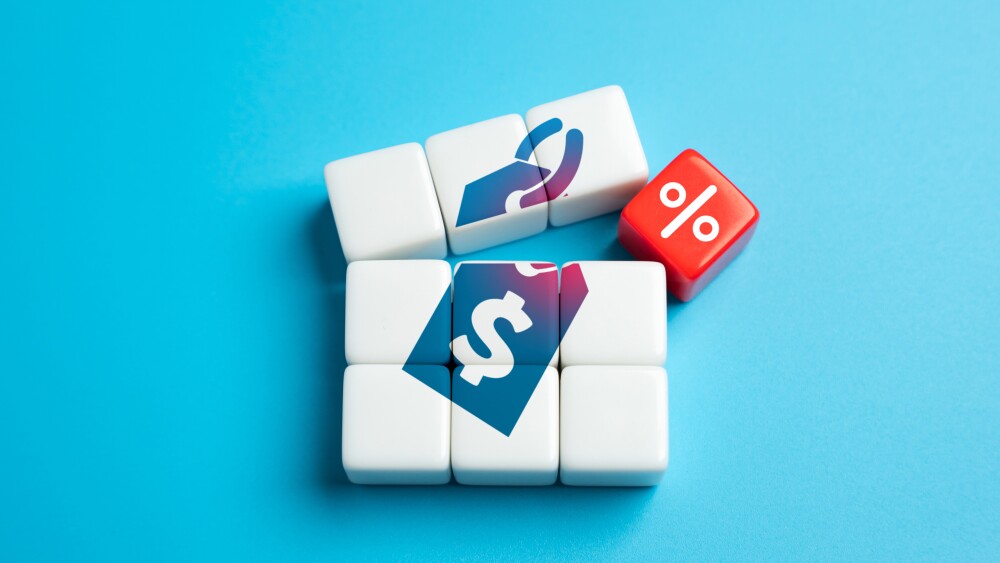While some analysts forecast the tariffs could mean billions in additional industry expenditure, others expect the overall impact to be “manageable.”
Under a new trade deal agreed to by President Donald Trump and the European Union, pharmaceutical imports will carry a 15% tariff, a policy move that analysts say could strap the industry with billions in additional costs.
Diederik Stadig, an analyst at ING, estimated that these tariffs could mean roughly $13 billion more in industry expenses, which could ultimately be borne by consumers, according to reporting from Reuters on Monday. Bernstein’s Courtney Breen, meanwhile, had an even steeper forecast, noting that the additional pharma expenses could pile up to $19 billion because of these duties.
Analysts at Jefferies, however, were more measured in their assessment. Writing to investors on Monday evening, they argued that the 15% levy is “‘less bad” than expected” and will have a “manageable” overall impact on the industry, noting that many companies, especially among the larger players, already have sizeable operations in the U.S. and could avoid the costs of import tariffs.
“We believe this is a manageable financial impact and is [positive] for biotech,” Jefferies wrote. “We would not expect this to have a significant financial impact on large biotech especially because many already have a majority of manufacturing based in the US.”
News of the tariffs did not meaningfully impact the S&P Biotech ETF, which tracks the S&Ps biotechnology index.
Monday’s trade deal also means that pharma exports from Europe will no longer be subject to targeted tariffs under the currently ongoing Section 232 national security investigation, according to reporting from Endpoints News, citing a White House official who requested anonymity. Trump’s Department of Commerce opened the Section 232 probe into pharma imports in April and is expected to wrap it up as early as Aug. 1, according to the official, though the process is still ongoing.
Tariffs have been hanging over the industry for months now, ever since Trump first threatened them in February. More recently, he said earlier this month that the levies could reach as high as 200%, but nevertheless gave companies “about a year, a year and a half” to adjust their supply chains.
Many of the biggest industry players have heeded Trump’s warnings and in recent months pledged multi-billion-dollar manufacturing investments in the U.S. Last week, for instance, AstraZeneca announced it was pumping $50 billion into its operations in the country over the next five years. Johnson & Johnson in March also unwrapped a hefty $55 billion U.S. package, earmarked for the construction of three manufacturing plants and the expansion of its existing sites. Roche, Regeneron, Eli Lilly and Sanofi have all also announced investments in the U.S.






